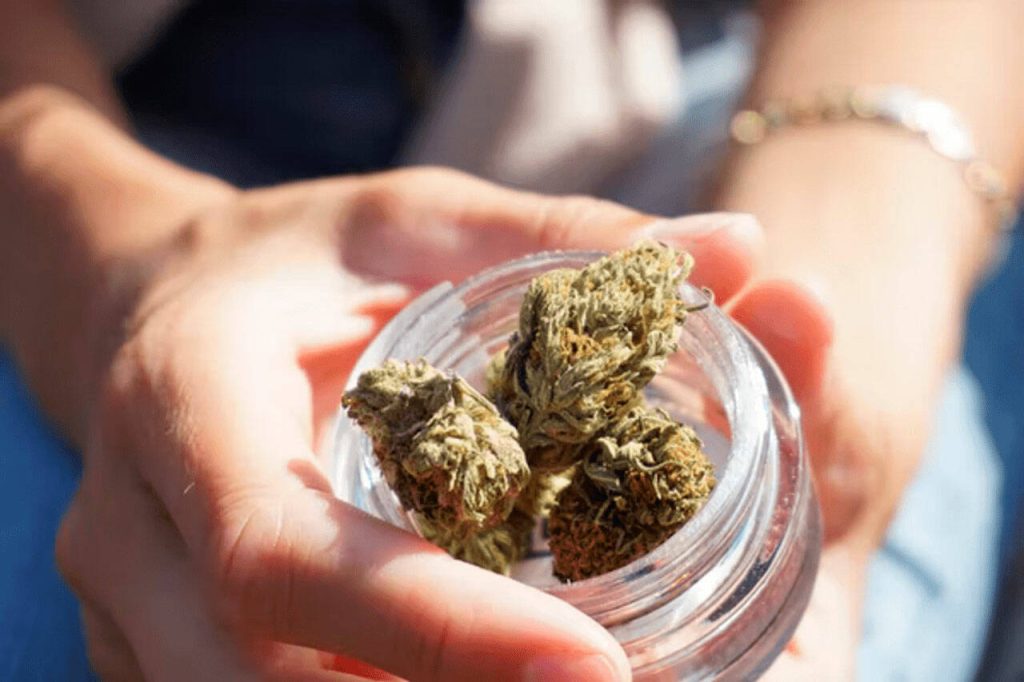THCA Flowers – The Natural Solution for Pain Management and Inflammation
In recent years, the search for natural and effective alternatives to traditional pharmaceutical treatments has gained significant momentum. Among the various natural remedies that have emerged, THCA flowers have captured the attention of many for their potential in managing pain and inflammation. Tetrahydrocannabinolic acid THCA is a non-psychoactive compound found in raw cannabis plants, and unlike its more famous counterpart THC, it does not produce the high typically associated with cannabis use. This unique characteristic, combined with its potential therapeutic properties, makes THCA flowers an appealing option for those seeking relief from chronic pain and inflammation without the mind-altering effects. THCA flowers offer a natural solution for pain management due to their interaction with the body’s endocannabinoid system ECS, a complex cell-signaling system that plays a crucial role in regulating a variety of functions, including pain, inflammation, and immune response. When THCA interacts with the ECS, it binds to cannabinoid receptors, particularly the CB1 and CB2 receptors, which are primarily found in the brain and immune system. This interaction can help modulate pain perception and reduce inflammation, providing a potential avenue for alleviating discomfort associated with conditions such as arthritis, fibromyalgia, and other inflammatory diseases.

One of the primary benefits of THCA flowers is their anti-inflammatory properties. Inflammation is a natural response of the immune system to injury or infection, but chronic inflammation can lead to various health problems, including pain, tissue damage, and even the development of chronic diseases. THCA has been shown to inhibit the production of pro-inflammatory enzymes and cytokines, which are molecules that contribute to the inflammatory response. By reducing inflammation at the source, THCA flowers may help prevent further damage to tissues and alleviate symptoms associated with chronic inflammatory conditions. Moreover, the analgesic, or pain-relieving, properties of THCA make it a promising option for those dealing with chronic pain. Chronic pain is often difficult to manage with traditional painkillers, which can come with a host of side effects, including the risk of addiction and dependency. THCA flowers provide a natural alternative that may offer relief without these unwanted effects. Some studies have suggested that THCA could be particularly effective in reducing neuropathic pain, a type of pain caused by nerve damage, which is often resistant to conventional treatments.
This makes high thca flower an attractive option for individuals who have not found relief with other forms of pain management. In addition to their potential benefits for pain and inflammation, THCA flowers are also being explored for their neuroprotective and anti-emetic properties. Preliminary research indicates that THCA may help protect the brain from neurodegenerative diseases by reducing oxidative stress and inflammation in the brain. Additionally, THCA has been found to have anti-nausea effects, making it potentially useful for those undergoing chemotherapy or suffering from conditions that cause severe nausea and vomiting. As with any natural remedy, it is important for individuals interested in using THCA flowers for pain management and inflammation to consult with a healthcare professional, especially if they are currently taking other medications or have pre-existing health conditions. While the research on THCA is still in its early stages, the compound shows significant promise as a natural, non-psychoactive option for those seeking relief from chronic pain and inflammation.